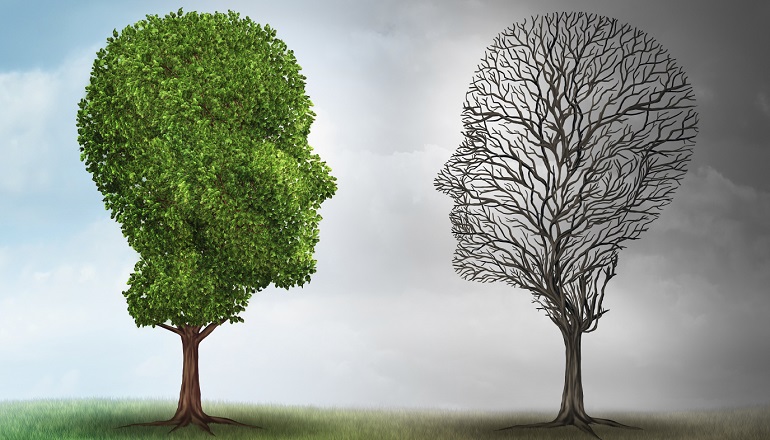I sat at the kitchen table, holding the phone receiver as I waited for Nancy, our social worker at the adoption agency, to come on the line. How could I tell her that I had just been diagnosed with bipolar disorder? How could I not? In my mind’s eye, I could see myself as I was in the hospital, just days earlier, so inwardly focused that I lost my ability to speak coherently. I had recovered within a day, but the diagnosis would surely change our future. I was terrified that what I was about to say would end our dream of having a child. I had never longed for anything so in my life.
As Nancy and I began to talk, I was deeply sad. I fully expected her to tell me that the agency could no longer present our family profile to birth mothers. But Nancy took her time, and kept asking questions. At the end of our conversation, she asked for a letter from my psychiatrist, explaining the diagnosis and what it meant for my future. The letter said that bipolar disorder—formerly known as manic depression—is a treatable illness, that he was confident that I would respond successfully to treatment, and that I would make a good parent.
Nancy allowed us to proceed with our adoption. I was tremendously relieved, but I doubted that a birth parent would choose an adoptive parent with a mental health disorder, even a treatable one. Amazingly, during the year after that conversation, several sets of birth parents selected my husband and me for consideration. Ultimately, each birth mother chose another couple, but in no case was the decision due to my diagnosis.
Finally, we were selected again. Before we met the birth parents, Nancy told them about my diagnosis. She advised us to follow their lead in discussing it. As the four of us chatted awkwardly over lunch that first time, we talked of many things, but neither of them brought up my health situation. We learned later that they had done their own research, and had concluded that bipolar disorder was a treatable illness.
Just after our child was born, the birth father invited us into the birthing room. Our son was beautiful. He opened one eye and looked at me. Then his tiny mouth opened into a yawn. What bliss when our son was finally placed in my arms a week later!
I know that mental illness is still feared and stigmatized, and I am deeply appreciative to the people who looked beyond my diagnosis and recognized my potential to be a good parent. After doubting I would be a mother, I savor parenting even more. I’m thrilled by my son’s first attempts to read and at watching my daughter (adopted later, from Korea) do a cartwheel. And what sweet joy to kiss them both goodnight.






